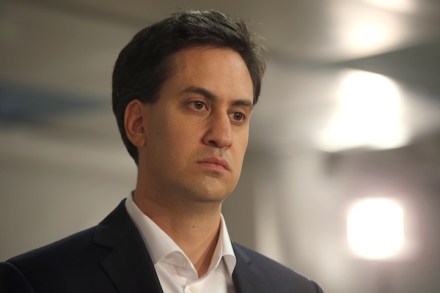Consumers suffer because this government doesn’t know how to regulate
The current Government has squandered the competitive environment it inherited from Labour, tolerating quasi-monopolies who abuse their position to harm consumers. The policy responses to these monopolies should be strong and decisive, not weak and acquiescing. In all the ‘utility’ sectors (gas, water, telecommunications) and some emerging markets, such as search, there is a compelling need to redress the balance between incumbent vested interests and consumers. In the late nineties the Labour Government put in place one of the best competitive regulatory environments in the world. It ranked third behind the US and Germany in an independent review by KPMG. ‘Light touch’ evidence-based economic regulation was the order of the




















